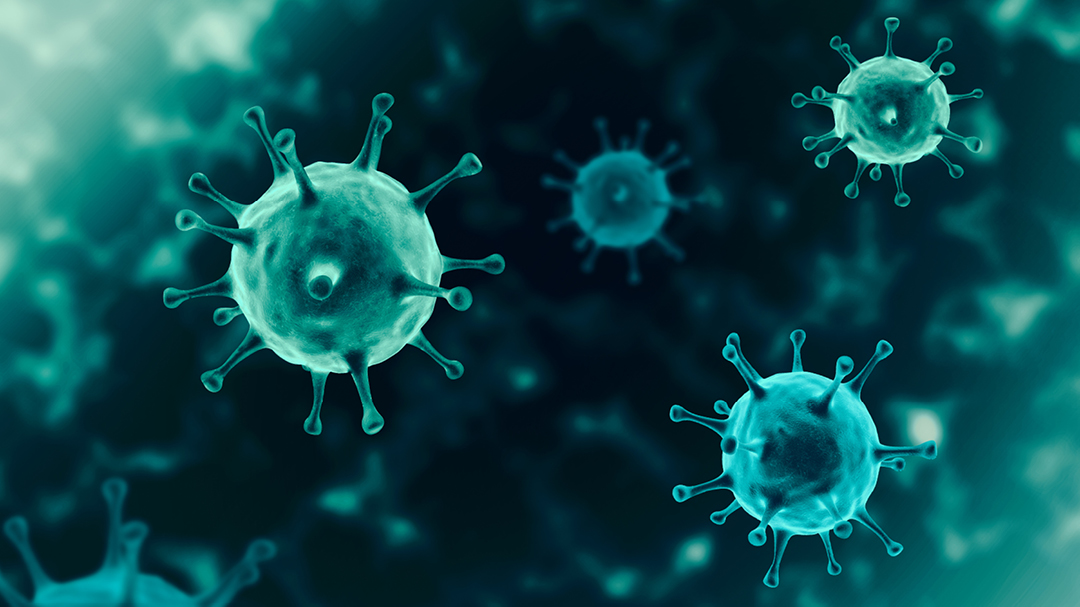Number of COVID-19 cases increases throughout July and almost throughout Finland

The number of new COVID-19 cases continues to increase for the fifth week in a row. The total number of new cases reported between 19 and 25 July was 2,895. The number is almost 30 per cent higher than the week before. Out of the administered 116,600 COVID-19 tests, the share of positive samples was 2.5 per cent.
The 14-day incidence rates have increased in 19 hospital districts, that is almost throughout the whole country. For the last two-week period, the incidence of new cases is now 93 per hundred thousand inhabitants, The estimated effective basic reproduction number has stayed the same as the week before, i.e. 1.05–1.25, with a 90 per cent probability, which reflects the continued growth of the epidemic. The share of infections from abroad is around 8 per cent.
The epidemic is still spreading among young adults. Between 19 and 25 July, over half of infections were reported among people aged 10–29 and predominantly among those between 18–21 years of age. Last week, 5,952 people were placed in quarantine. This is almost the same number as the week before.
In the summer, the transmission chains have become wider. Tracing is more difficult and there are some backlogs. However, in 67 per cent of the cases, infections have been traced successfully. People have been exposed to the COVID-19 virus at different kinds of leisure time events, in restaurants and other food and beverage service businesses, and in outdoor parties and public events. Based on legislation, persons exposed to coronavirus must assist authorities in the tracing of transmission chains and follow the given instructions so that the transmission chains can be broken without delay. At the moment, it is very important that, in their behaviour, young people and people of working age also take into account the risk of contracting the infection in order to avoid lockdown measures.
Slight increase in need for hospital care
In Finland, around 65 per cent of the population have received at least their first vaccine dose and 32 per cent of the population have full vaccination coverage, i.e. they have received the second vaccine dose. Due to COVID-19 vaccine, the need for hospital care does no longer follow the development of the pandemic. The good vaccination coverage of the risk groups plays an important role here. In the oldest age groups, the incidence of COVID-19 and deaths related to the disease are at a very low level.
Based on the information provided by the hospital districts, a total of 57 people were receiving hospital care due to the COVID-19 disease on 28 July 2021. Of them, 3 were inpatients in primary healthcare, 48 inpatients in specialised healthcare and 6 inpatients in intensive care. Among those in need of hospital care in Finland, the number of young adults and non-vaccinated patients is notable.
During the epidemic, a total of 982 deaths related to the disease have been reported by 28 July 2021.
The epidemiological situation is monitored weekly. A report on the epidemic is published on Thursdays at 10.00.
The monitoring report on the epidemic published today and the previous reports are available on the website of the Finnish Institute for Health and Welfare.
- COVID-19 situation report (28 July 2021, in Finnish)
- Monitoring coronavirus (Finnish Institute for Health and Welfare, in Finnish and Swedish)
- The COVID-19 epidemic: regional situation, recommendations and restrictions (Finnish Institute for Health and Welfare)
- Coronavirus in numbers (Hospital District of Helsinki and Uusimaa)
- Action plan for implementing the hybrid strategy to control the COVID-19 epidemic (Publications of the Ministry of Social Affairs and Health 2021:21), description sheet in English
- Effects of the COVID-19 epidemic on wellbeing, services and the economy (Finnish Institute for Health and Welfare), in Finnish
- Progress with the rollout of COVID-19 vaccinations (Finnish Institute for Health and Welfare), in Finnish and Swedish
- Guidelines for the controlled dismantling of restrictions and recommendations put in place due to the COVID-19 epidemic Government memorandum 20 April 2021 (Prime Minister's Office), in Finnish
Inquiries:
Kari Hakari, Director General, Ministry of Social Affairs and Health, [email protected]
Mika Salminen, Director, Finnish Institute for Health and Welfare, [email protected]